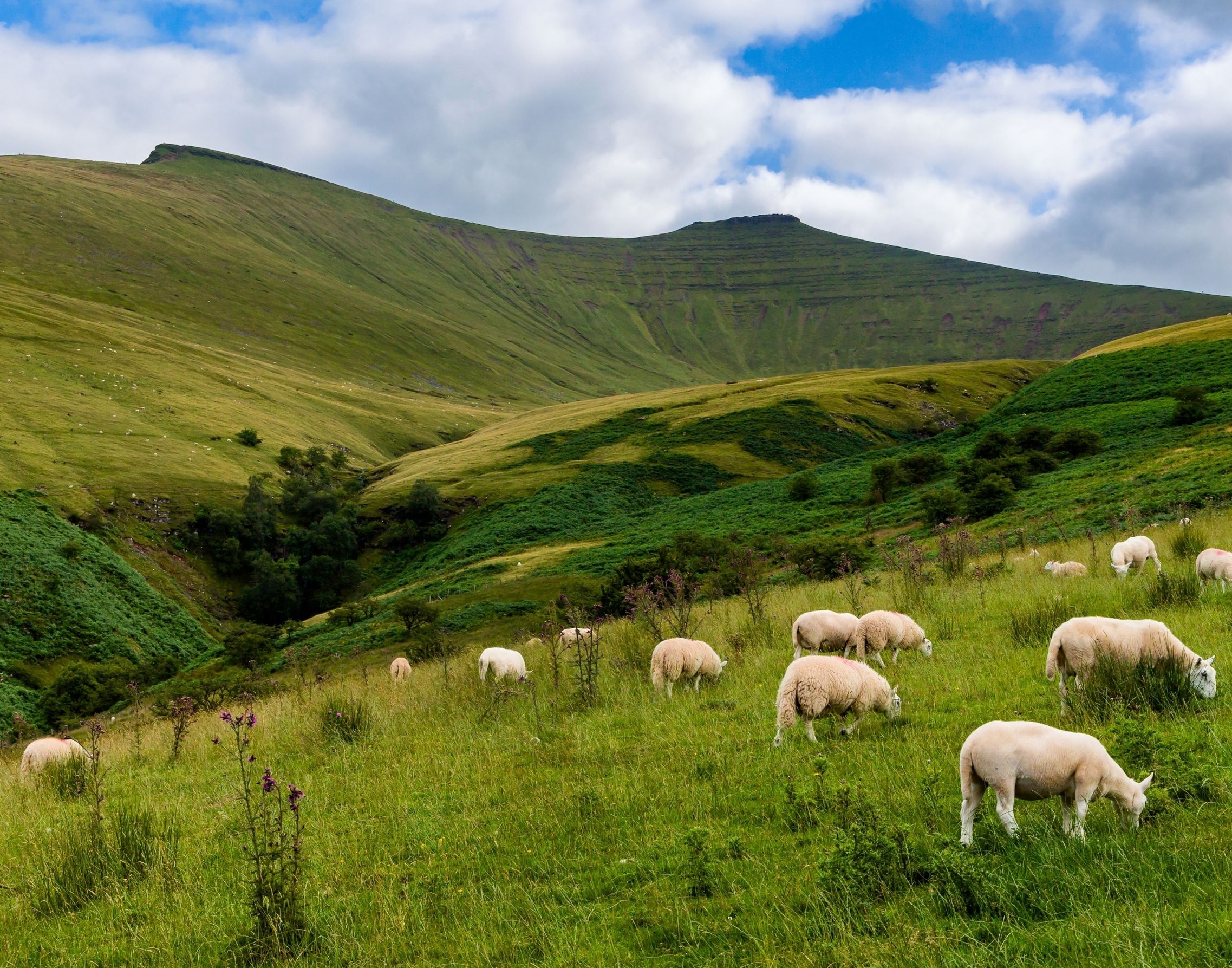Food crime involves selling food or drink that has been tampered with, or using cheaper ingredients than the ones listed on the label. Find out more about the types of food crime and how you can report it.
What is food crime?
Understand food crime and how to report it

Food crime
What is food crime?
Food crime involves the intentional selling of food and drink that is not ‘what it says on the label’ and /or is not safe for human consumption, which can include the following examples:
- falsely claims the country of origin of the product, e.g. foreign meat being labelled as Scotch
- false claims it is organic, free range, the ingredients used, or the benefits, etc
- the diversion of animal by products waste (ABP) into the human food chain
- the illicit production and sale of alcohol, which is labelled (counterfeited) as another brand
Food crime explained
Food crime techniques
The techniques used in food crime are:
The dishonest appropriation of food, drink or feed products from their lawful owner with an intention to benefit economically from their subsequent use or sale
The slaughter, preparation or processing of products of animal origin outside of the relevant regulatory framework
The unauthorised diversion of food, drink or feed intended for disposal back into relevant supply chains
Reducing the quality of a food product through the inclusion of a foreign substance, with the intention either to make production costs lower, or apparent quality higher
Replacing a food product or ingredient with another substance of a similar but inferior kind
The marketing or labelling of a product so as to inaccurately portray its quality, safety, benefit, origin or freshness
The use of false or misappropriated documents to sell, market or otherwise vouch for a fraudulent or substandard product
Reporting food crime
If you believe you're a victim or have information regarding suspicions of food crime, please take the time to report it.
Anyone with suspicions of food crime can report it anonymously to the Scottish Food Crime and Incidents Unit (SFCIU).
The Food Crime team
The SFCIU food crime team comprises experienced investigators, dedicated intelligence officers and crime analysts and was established for the purposes of the prevention, investigation and detection of fraud and deliberate non-compliance within the food and animal feed supply chains.
The team routinely link in with a wide range of local authority, Scottish Government, law enforcement agencies and industry partners to share intelligence and to undertake multi-agency enforcement activities and interventions in relation to food crime, in order to protect consumers and responsible food businesses.
